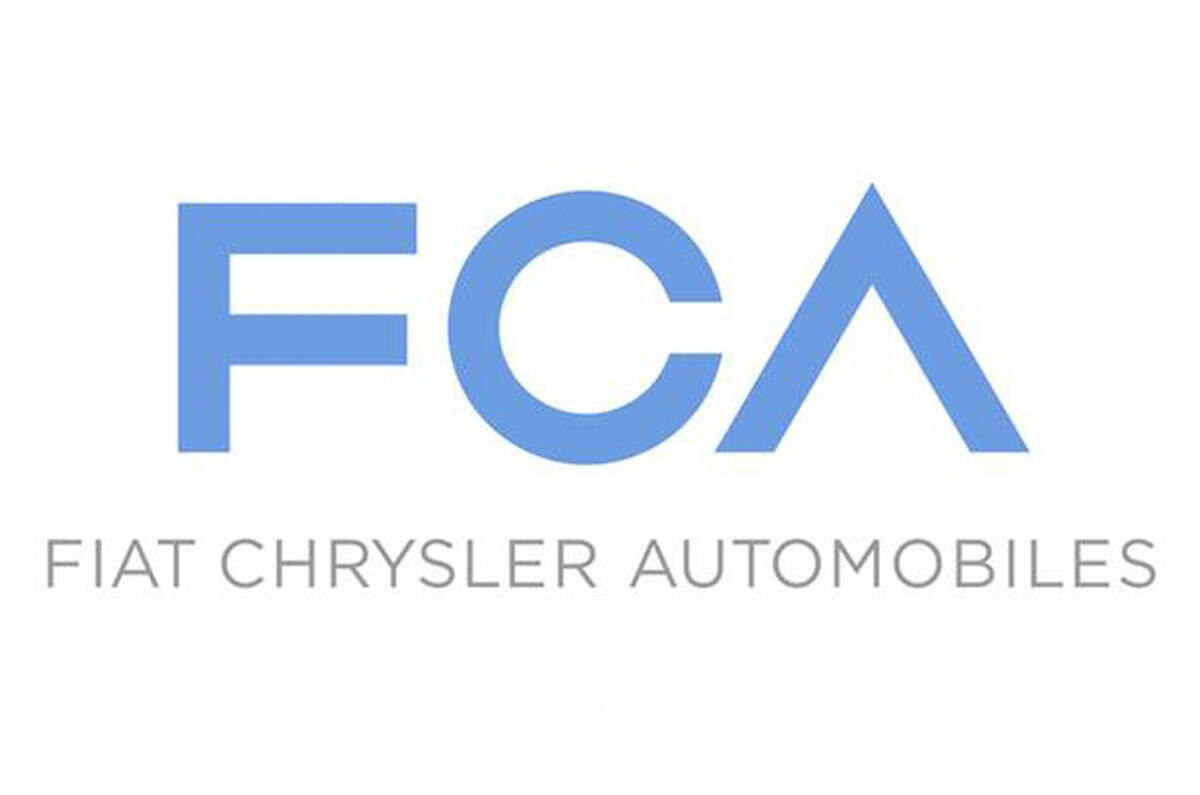Fiat Chrysler Automobiles (FCA) was allowed to skip tests in Italy's emissions-cheating investigation, according to a report from Italy's transport ministry.
The tests, designed to find illegal engine software, were completed by BMW, Ford, Mercedes-Benz, Volkswagen and General Motors but three of the seven FCA models tested didn't record results, according to Reuters.
The three models were a Jeep Cherokee 2.0, Alfa Romeo Giulietta 1.6 and Lancia Ypsilon 1.3, but transport ministry spokeswoman Luisa Gabbi told Reuters more results for FCA models would follow and added that "no key test has been omitted for FCA". FCA also denies breaking any laws.
The news has led to calls for the relationships between national testing authorities and domestic car makers to be scrutinised more closely ahead of a vote on Thursday on tougher EU control of vehicle testing conducted by national authorities.
Prosecution in France
FCA could still face prosecution in France after investigators recorded abnormal emissions of nitrogen oxide (NOx) pollutants from some of its diesel engines.
The investigation allegedly revealed emissions from some of the manufacturer's models were several times higher than regulatory limits, and FCA has been referred for possible prosecution while investigations into other car brands continue. Both Volkswagen and Renault have previously been referred to French prosecutors.
Results from a testing programme carried out by French regulators last July showed that the Jeep Cherokee emitted eight times the NOx limit during lab tests, while the Fiat 500X emitted almost 17 times the limit in road testing, according to the report.
An FCA spokesman told Reuters that its diesels were fully compliant with applicable emissions requirements and said that while it had reservations about the tests carried out, it will cooperate with the investigation.
Cheat devices in Europe and America
Earlier this year, it was reported that more than 700,000 FCA Chrysler Automobiles cars in Europe and America are potentially fitted with emissions-cheating software, with 600,000 of these in Europe alone, according to a report in the Financial Times.
The US's Environmental Protection Agency (EPA) has publically accused Fiat Chrysler Automobiles (FCA) of using cheat software akin to that used by Volkswagen in the dieselgate emissions scandal, according to Reuters.




Join the debate
Add your comment
Which are the 600k European
What should I tell her now?
Ahem
Chrysler went bust in the GFC and, even after taking federal money they still couldn't keep going and so were bought out by Fiat.
So don't suggest the US authorities are bearing down on domestic automakers. They just aren't.
This is yet another case of hitting Jonny Foreigner to protect good old Uncle Sam.
Ahem - American companies getting away with what exactly?
They not bearing down on BMW, Honda, Toyota etc either (none of which are American companies). Reason - because like various American car companies as of yet they’ve done nothing wrong.
American car makers sell next to no diesel’s in America so would have little to gain by cheating Nox figures so they don’t. Do you have any evidence otherwise?